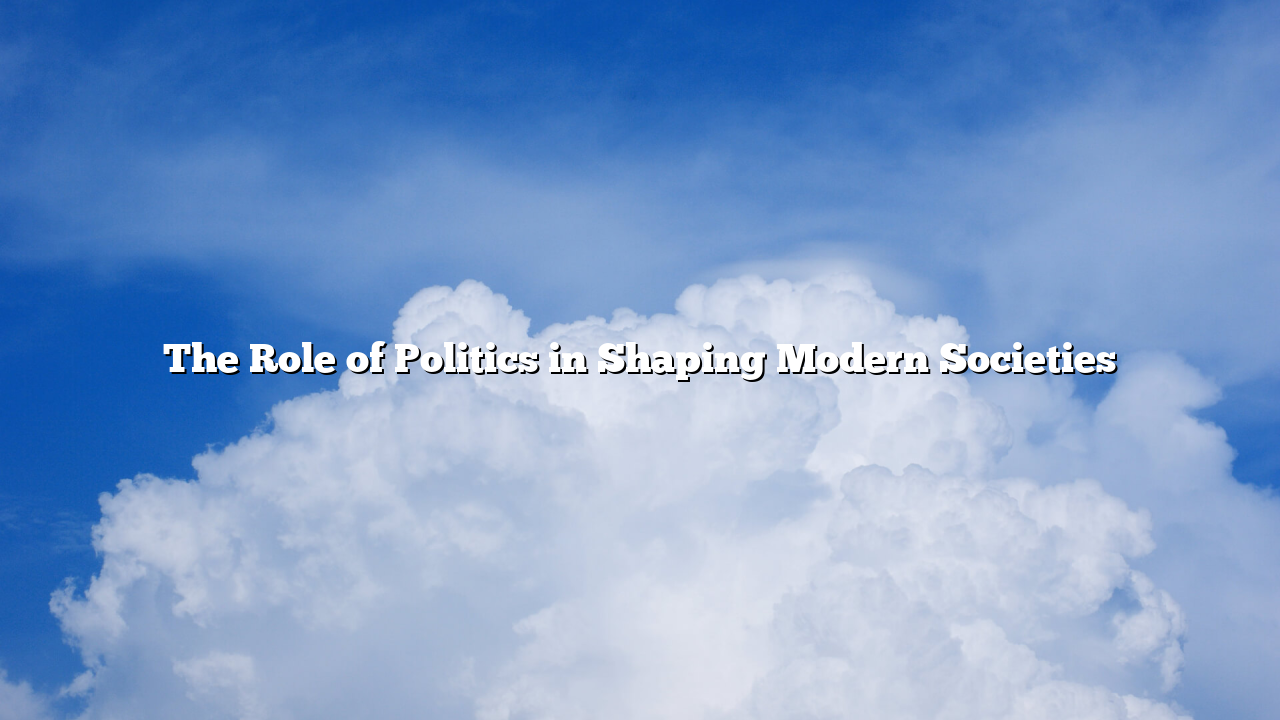Politics plays a central role in shaping the structure, values, and future of any society. It influences every aspect of life—from the laws that govern citizens to the way public services are distributed. While politics is often associated with power struggles, elections, and policy debates, its core function is to organize society through governance and collective decision-making.
At its foundation, politics ugbet88 is about how power is acquired, maintained, and used. In democratic systems, this power is theoretically derived from the people, who elect representatives to make decisions on their behalf. These representatives are expected to enact laws, develop policies, and allocate resources in ways that reflect the interests and needs of the population. However, the reality is often more complex, as political agendas, lobbying, corruption, and media influence can distort democratic ideals.
One of the most important roles of politics is to maintain order and stability. Governments, through political systems, establish legal frameworks that define rights and responsibilities. These systems also include checks and balances to prevent abuse of power. In democratic nations, this involves a separation of powers between the executive, legislative, and judicial branches. These institutions are designed to ensure that no single entity becomes too powerful.
Politics also serves as a platform for societal change. Major civil rights movements, environmental campaigns, and reforms in education and healthcare have all been achieved through political processes. Activists and citizens use political tools—such as protests, petitions, and elections—to advocate for change. In this sense, politics becomes a mechanism for people to express their concerns and aspirations.
However, politics can also be divisive. Partisan politics, identity politics, and ideological conflicts often lead to polarization, which can stall progress and erode trust in institutions. In recent years, many democracies have experienced increasing political fragmentation, misinformation, and public dissatisfaction. Social media has intensified these issues by enabling the rapid spread of fake news and echo chambers, where individuals are exposed only to views that reinforce their own beliefs.
Despite these challenges, political participation remains a critical element of a healthy society. Citizens must stay informed, engage in civil discourse, and hold their leaders accountable. Education, transparency, and media literacy are essential tools to strengthen democratic values and resist authoritarian tendencies.
In conclusion, politics is both a tool for governance and a reflection of society’s values and struggles. While it can be flawed and contentious, it remains essential for building and sustaining organized, just, and responsive societies. The challenge lies in ensuring that political systems are inclusive, fair, and representative of all people—not just those in power.
